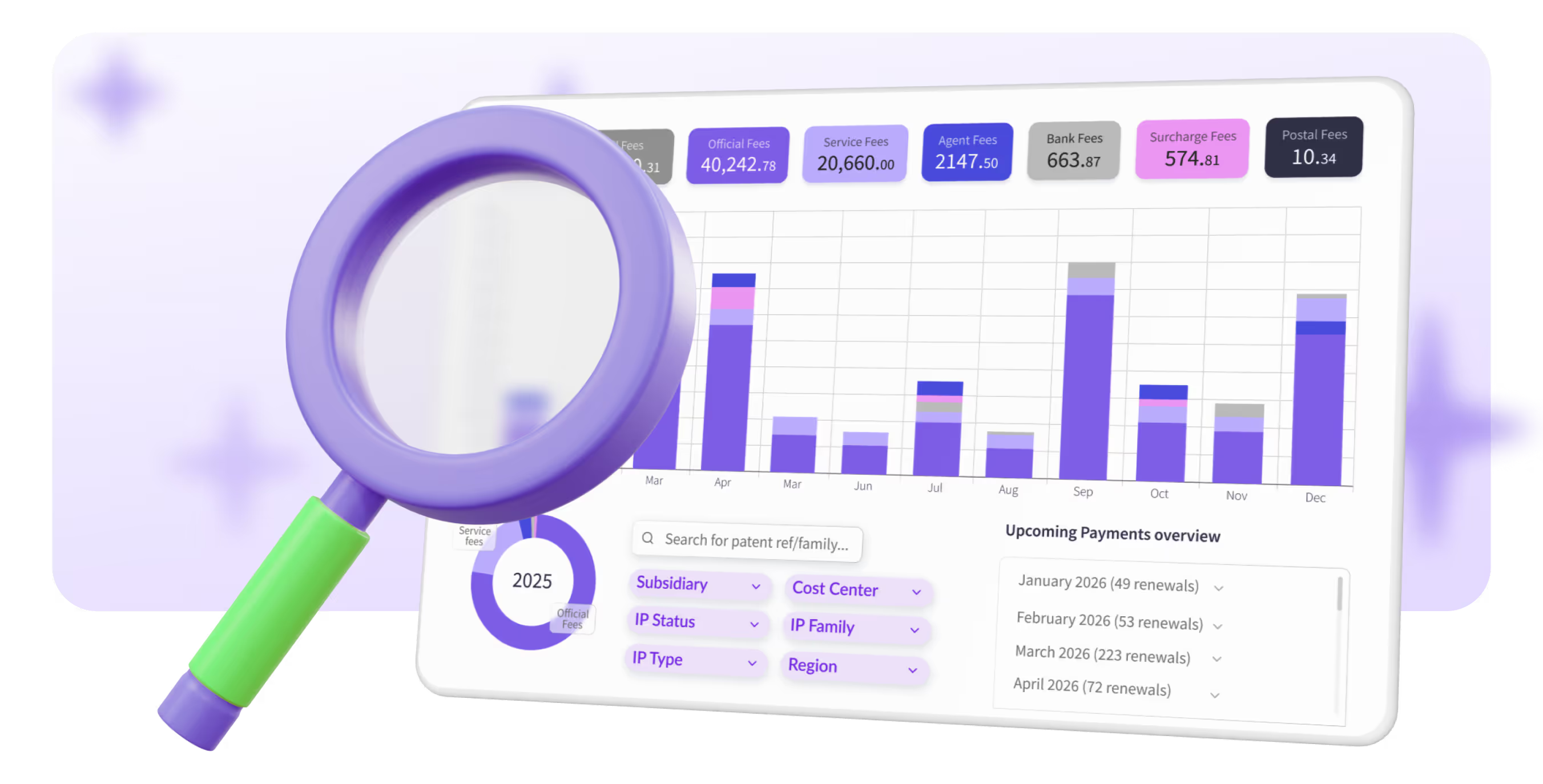TRY OUR NEW (FREE) IP RENEWAL COST CALCULATOR
Calculate
Bahrain is one of the Patent Office of the Cooperation Council for the Arab States of the Gulf (GCC). An GCC patent is enforceable in Bahrain regardless of whether the patent has been granted or not. During the application process, annuities are due and must be paid directly to GCC, not to the Industrial Property Directorate.
The rules that apply to a national Bahrainian patent and to an GCC patent in Bahrain will be described in detail below.
Renewal fees in Bahrain must be paid by certain dates to either the GCC or to the Industrial Property Directorate, depending on where the patent was filed.
In this section, you will find a description of how these renewal due dates are calculated, both the very first renewal due date and all subsequent renewal due dates.
If the patent was filed at the GCC, the first renewal is paid at the end of the first quarter of the year that follows the filing date to the GCC. This renewal must be paid regardless of whether the patent has been granted or not.
For example, if the filing date is 2022-09-20, then the first renewal must be paid by 2023-03-31
After the first renewal has been paid, all subsequent annuities must be paid annually at the end of the first quarter of each year.
For example, if the filing date was on November 9, then subsequent annuities will be due by March 31 each year.
If the patent was filed at the Industrial Property Directorate, no annuities are due throughout the application process. The first annuity is paid 3 months after the grant date to the Industrial Property Directorate.
For example, if the grant date is 2022-01-20, then the first annuity must be paid by 2022-04-20.
After the first annuity has been paid, all subsequent annuities must be paid annually on the anniversary of the grant date.
For example, if the grant date was on January 20, then all subsequent annuities will be due on January 20 each year.
In Bahrain, there are other types of intellectual property besides patents.
We are currently working on articles which will explain the rules for the renewal of these types of intellectual property. If you need any help renewing these and are looking for a cost-efficient solution, get in touch with us.

n/a

There are no annuities due in Bahrain before the patent is granted. Once the patent has been granted, annuities must be paid annually in accordance with the rules described above under the section Due Dates.

At present, the opening of the renewal payment window in Bahrain has not been officially specified. Consequently, we are unable to confirm the earliest date on which the renewal fee can be paid.

Yes, it is possible to renew a Bahrainian patent after its renewal due date. If you fail to pay the renewal fee before the due date, a grace period of 12 months is given wherein the renewal fees can still be settled. When entering the grace period you will incur a surcharge fee to be settled along with the renewal fee. If you wish to maintain the patent, both the renewal fee and the surcharge fee will have to be settled.
For example, if a patent has a renewal due date of 2021-05-31 and the due date is missed, the patent will enter the grace period from 2021-06-01. After this point both the renewal fee and the surcharge fee will need to be settled by 2022-05-31. Failure to pay these fees before the surcharge due date will result in the patent lapsing.

A patent will stay in force for 20 years in Bahrain from the filing date if successfully renewed in accordance with the rules described above. If the patent is not renewed, it will lapse by the end of the grace period measured from the latest renewal due date.


.avif)


.avif)